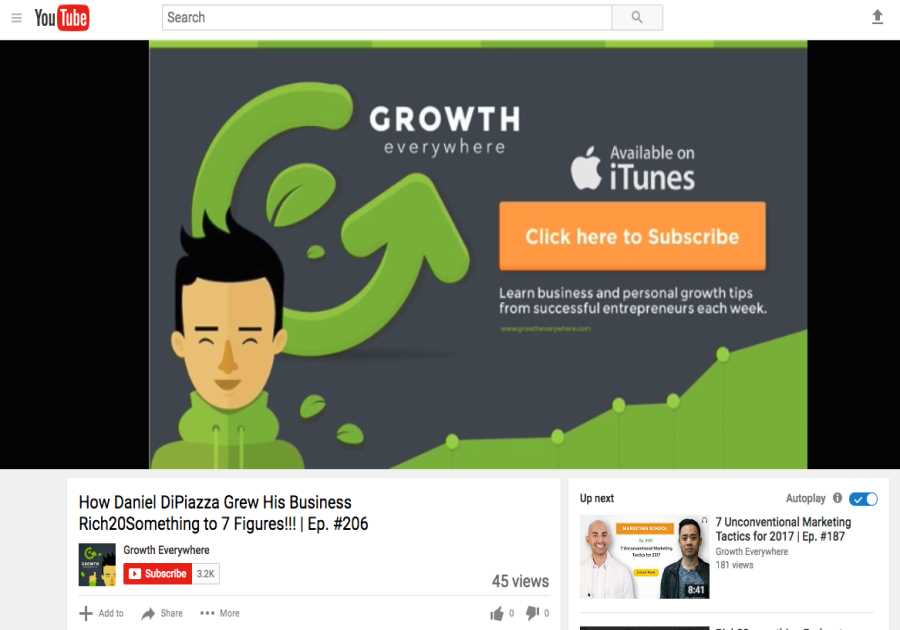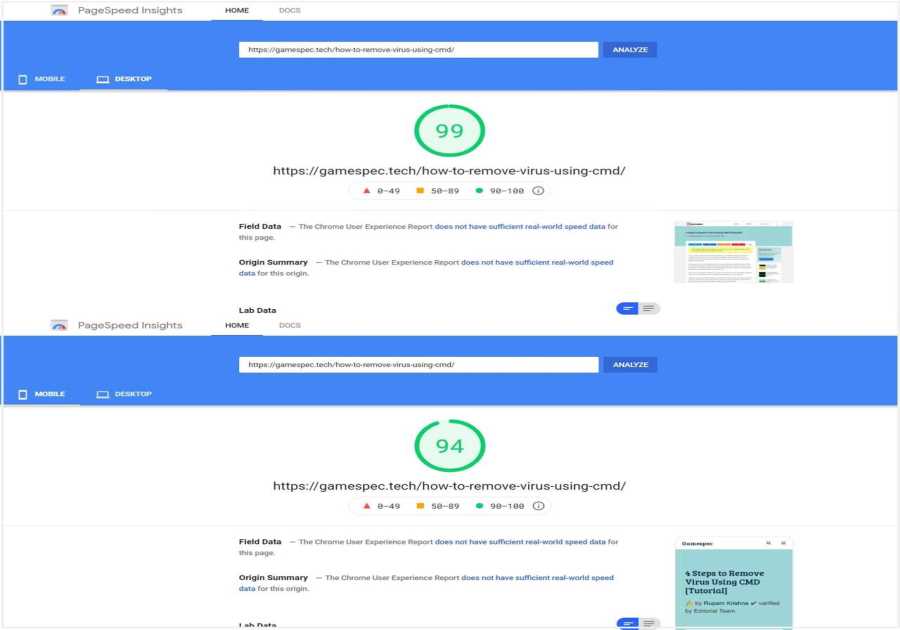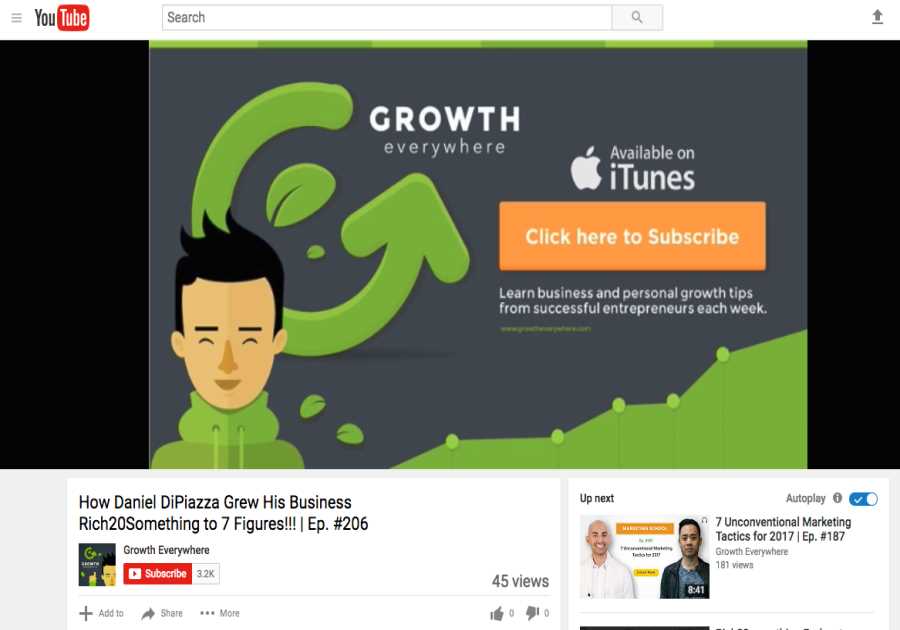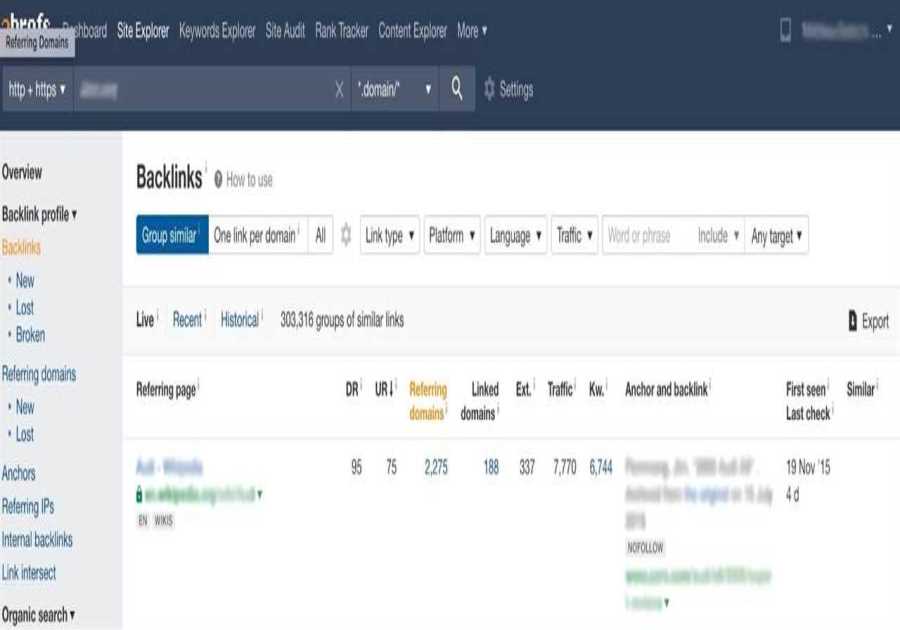We’ve partnered with Unsplash to bring millions of beautiful, and best of all, free stock images directly to our customers.
Our Free Image Gallery is available in our email builder, saving you the time and hassle it would normally take for you to find a stock photo site, search for the perfect image, download, and then upload that image back into our builder. Our customers have already saved over 300 hours by using our Free Image Gallery.
We want our customers to feel confident about every send, so we’ve asked Meghan Sokolnicki, Senior Email Designer & Developer at CM Group, to share her best advice when it comes to designing emails with images.
Ready to give it a try? Sign up today and start building your best email yet.
Here are her best email design tips.
What is the best way to use images in emails?
Bottom line, it’s best to use images to help support your message. Images can be a great and effective way to capture an audience’s attention and add some visual interest to your emails.
While I’d encourage using images in emails, it is important to make sure that images do not contain the most important pieces of information. They should be used to help support your message, not be used as the only way to deliver the message. As a rule of thumb, deliver important information with live text and support that information with images.
Keep in mind that not everyone receiving the email will be able to view images. Many people use screen readers or voice commands to listen to emails. Even people who are reading the emails may have images turned off or have spotty wifi that delays the time it takes for the images to download.
As email designers, it’s our job to make sure that everyone receiving the emails has a consistent experience no matter how they interact with them.
What is the wrong way to use images in emails?
Don’t send image-only emails! I see this all the time and do not recommend it. Sure, it may be beautiful artwork, but that doesn’t make it an effective email.
When images contain all of the key information in a given campaign, this can greatly limit the amount of your audience who can interact with the email. Think about all that information getting squished down on a smaller screen! It can be so hard to digest, and who wants to have to zoom in to read the message? Not me.
A common mistake designers make is to take a print design and paste it into an email without making any adjustments for the new medium. Print and web are completely different experiences so it’s best to design with those differences in mind.
For example, instead of copy/pasting, make sure you’re adapting your designs for email. Be thoughtful about how your audience will interact with an email. In email we have the opportunity to click around, scroll, and engage with the campaign on a variety of different devices. Let’s use that to our advantage!
Give it a test drive in our free email template builder.
How do designers choose the right image for their email?
Most importantly you want to make sure that the image fits with your content. Consumers are less and less interested in seeing generic stock photography that serves no purpose. Instead, think about how you can use images with specificity to emotionally connect readers with your brand.
Everyone’s needs are going to be a little different, so choosing the right image comes down to if that photo makes sense for your brand and makes sense for the content.
As a tip, we as humans seem to love seeing other humans! So our designers see a lot of engagement come from images using pictures of faces. I also love using illustrations and icons as a way to break up space. Even a small clock next to content about an upcoming deadline can help draw attention.
If you’re sending a letter or a quick announcement, you might not need an image, but there are other ways of adding some visual interest to your email design. Instead, use bold headlines or add a background color to help emphasize text. While I encourage using images where possible, they may not always be needed and that’s okay too!
How can an email marketer measure whether their email design was successful or not?
Success is measured differently for every marketer. Sometimes the purpose of an email is to drive clicks or promote sales and that could be “successful,” and other times an email is about sharing relevant content to help your audience stay engaged with the brand.
In my opinion there’s not a blanket answer for how to tell whether an email design is successful, but every brand needs to define success for themselves and work their design around that.
An overall successful design for email is one that feels effortless for the consumer. This means making sure the content is compelling and styled in a way that takes out the guesswork: Clear hierarchy marked with headlines, bold calls-to-action, and whitespace used throughout the design to help give your text and images some breathing room.
Also never underestimate the power of relevant content paired with a compelling subject line
What is your design pet peeve?
I have a few actually! As you can tell, one major pet peeve is copying and pasting a print design into email and not considering the mobile experience. (See answer #3!) Another pet peeve, when there is too much text included on images, it can be such an awful experience. Some text can be included on images—just not all of your text. It’s such a quick fix to include live text in emails!
Also, trying to cram too much information into one email. This can feel so overwhelming for your audience—give your content room to breathe!
Where do you look for email design inspiration?
I love looking at Really Good Emails and seeing what other email designers are coming up with. Email design can sometimes feel like a very limited medium, because we’re designing with so many factors in mind. I love seeing how other designers use those limitations and make it work for them! Litmus is always testing the limits of what’s possible in email, and I love receiving their emails.
It’s not supported everywhere, but I still love seeing simple movement in emails. A well-designed .gif can brighten my day
What are your final design tips?
Make sure you use a balance of images and live text in your campaigns. Images are great to include in emails, just make sure they support the message. We don’t want “seeing” the image to be the only way to absorb your content. Use alt text when you include images! This is text that helps describe the image or the image’s intent for those who cannot view the image. You can still include some text as images (for example: Sale Today! You’re a winner! Happy St. Patrick’s Day!, etc.) just make sure when you, do you include alt text, so anyone not seeing the image still gets the full experience. Don’t shy away from .gifs! Movement can be really fun in email.Wrap up
There you have it, some of our best design tips from one of our in-house email design pros. If you’re ready to put these design tips to the test, you can start building an email in our drag-and-drop email builder right away for free. Check it out.
If you’re already a Campaign Monitor customer, sign in and get started.
The post Designing Emails With Images: Advice From a Pro appeared first on Campaign Monitor.

By: Grace Miller
Title: Designing Emails With Images: Advice From a Pro
Sourced From: Original article available: www.campaignmonitor.com/blog/email-marketing/designing-emails-with-images-advice-from-a-pro/
Published Date: 2021 04 01






